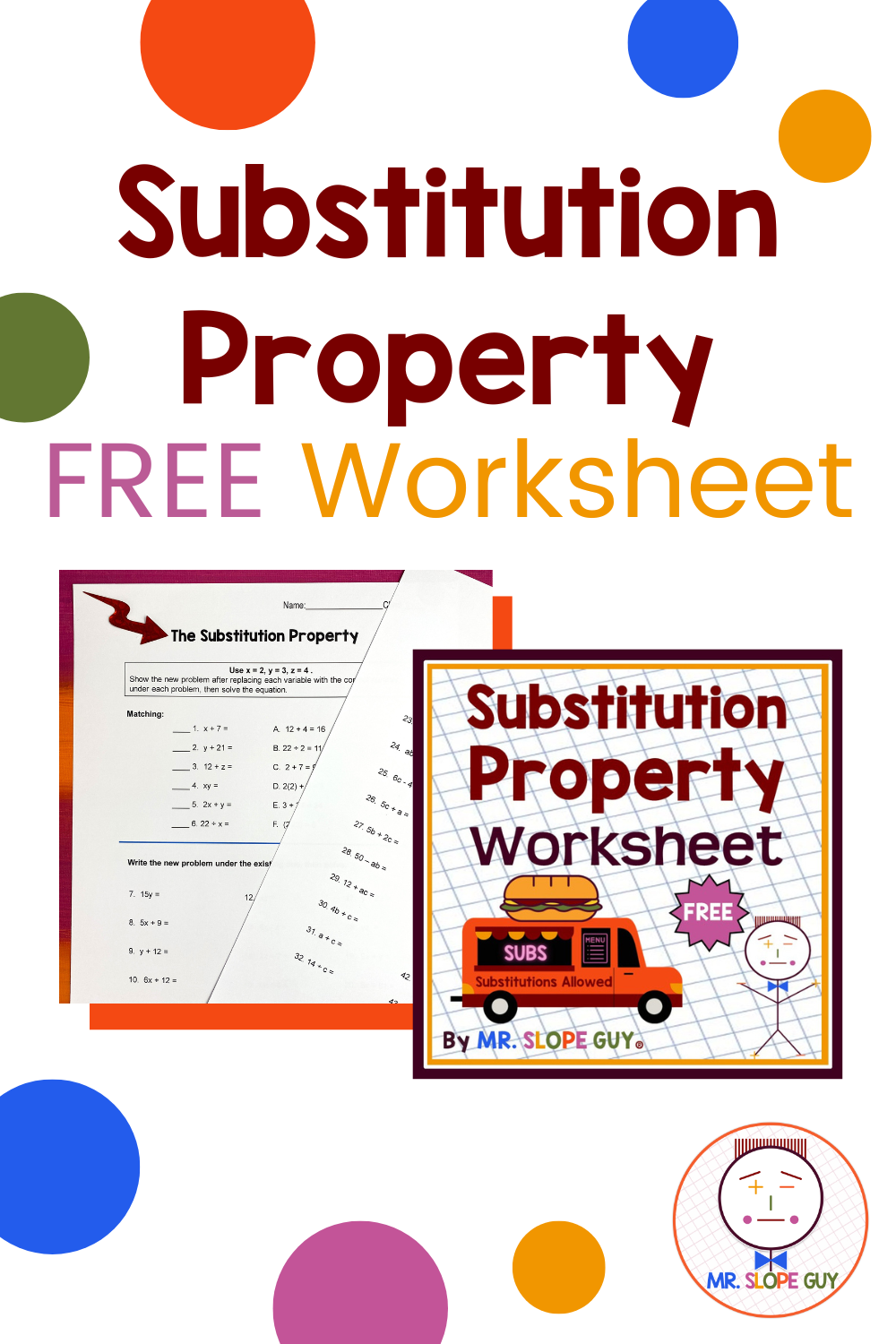So Now You Are a Math Teacher
So Now You Are a Math Teacher: Avoid Thumbtacks!
Welcome to the rewarding world of teaching math! My journey began in 1997 after a year of substitute teaching while working on my master’s degree. I didn’t have my own classroom and moved from room to room with a cart full of math materials. Back then, blackboards and chalk were the norm. One of my classes took to putting thumbtacks in my seat before I arrived, and I sat on them more times than I care to admit. It was a harsh reminder that I had much to learn about teaching and avoiding literal and figurative thumbtacks.
As I approach the final years of my teaching career, I want to offer advice to new teachers entering this noble profession. We need passionate, bright educators to inspire students, help them overcome their fears of math, and build their confidence. If you’re reading this, we need you!
Essential Reading for New Teachers
“The First Days of School” by Harry Wong:
This book is a must-read for every new teacher. It’s packed with valuable advice and practical strategies for structuring and organizing your classroom for success. Wong’s insights on realizing your potential as a teacher are invaluable.
Classroom Management and Activity Selection
Effective classroom management is closely linked to choosing the right activities. Here’s how to ensure your activities are both engaging and educational:
Activity Level:
Right Level of Difficulty: Activities that are too easy or too short will lead to students finishing quickly and becoming distracted. Conversely, activities that are too difficult or lengthy will cause students to disengage. Aim for a balanced level of challenge.
Mapping Progression:
Plan Your Units: Determine the difficulty of each topic and match your resources to your students’ needs. Collaborate with colleagues teaching the same subject; their insights can be invaluable. Keep track of areas for improvement, whether for the next class or the next school year.
Continuous Improvement
Constantly refining your lessons is key to improving student achievement and becoming an exceptional teacher:
Reflect and Adapt:
If students repeatedly ask the same questions, refine your examples. Tools like PowerPoint can help you compile and improve your examples, ensuring you anticipate where students might struggle.
Engagement from Day One:
My first mentor advised me to give an assignment on the first day of school to set learning expectations. While other teachers are doing “ice breakers,” I dive into math problems. For my Pre-Algebra classes, I start with a short lesson on the Substitution Property and have students begin an assignment in class. This sets a clear expectation for learning from the start. You can find a free substitution worksheet link below.
Homework for Teachers
Work the Problems:
It’s crucial to work through the problems you assign to anticipate student challenges and ensure accuracy. Textbooks, even with million-dollar contracts, often contain errors. You need to find and address these mistakes.
Final Advice
Look out for all the thumbtacks, in every form they may take. Teaching is a journey filled with challenges and learning opportunities. By staying committed to improvement and understanding your students’ needs, you can navigate these obstacles and thrive as a math teacher.
Welcome to the profession, and remember, your impact on students can be profound. Embrace the journey and keep striving for excellence.



